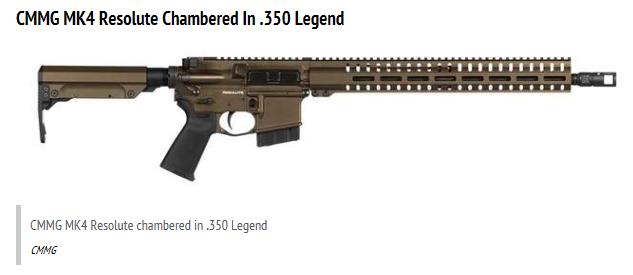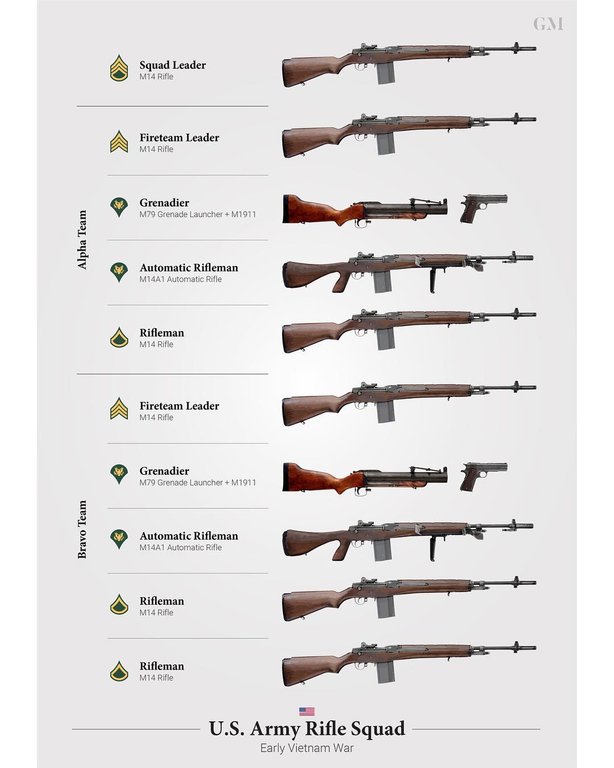In Washington state, a freshly implemented ballot initiative and a raft of new bills may produce some of the tightest firearms regulations in the US. But standing in the way is a group of rural law enforcement officers who say point blank that they won’t enforce any of it.
The Klickitat county sheriff, Bob Songer, is one of them. He told the Guardian that the initiative passed last November “is unconstitutional on several grounds. I’ve taken the position that as an elected official, I am not going to enforce that law”.
Songer also cited ongoing litigation by the National Rife Association gun industry lobby and others which aims to demonstrate the laws violate both the second amendment and the state’s constitution. He also said that if other agencies attempted to seize weapons from county residents under the auspices of the new laws, he would consider preventively “standing in their doorway”.
In November, the state’s voters handily passed an initiative, I-1639, which mostly targeted semi-automatic rifles. As of 1 January, purchasers of these weapons must now be over 21, undergo an enhanced background check, must have completed a safety course, and need to wait 9 days to take possession of their weapon. Also, gun owners who fail to store their weapons safely risk felony “community endangerment” charges.
Feeling the wind at their backs after the ballot, gun campaigners and liberal legislators have now gone even further in the new legislative session. Bills introduced in the last week to Washington’s Democrat-dominated legislature look to further restrict firearms. Some laws would ban high capacity magazines and plastic guns made with 3D printers. Others would mandate training for concealed carry permits, and remove guns and ammo during and after domestic violence incidents.
Washington’s attorney general, Bob Ferguson, who proposed several of the bills, said in an email: “Now is the time to act. Washingtonians have made it clear that they support common-sense gun safety reforms.”
Kristen Ellingboe, from Washington’s Alliance for Gun Safety, which has long campaigned for more firearms restrictions, said that “for a long time our elected officials thought that gun violence protection was somehow controversial, but they have been behind where the people of Washington are on this issue”.
But like other west coast states, Washington exhibits a deep cultural and political divide between its populous, coastal cities and its more sparsely populated rural hinterland.
I-1639 passed on a roughly 60-40 split; in the big, blue counties west of the Cascade Mountains, such as King county, where Seattle is located, the margins were even bigger.
However, 27 of Washington’s 39 counties rejected the ballot measure. Many of those counties are in the state’s more rural, sparsely populated districts.
It is in these counties that many – including sworn officers – are promising to resist the laws.
In Ferry county in eastern Washington, more than 72% of voters rejected I-1639. In the county’s only incorporated city, Republic, the police chief Loren Culp asked the council in November to declare the city a “second amendment sanctuary”. That vote has been delayed until March, but in the meantime, like Songer, Culp says he will not enforce.
The sheriff in Ferry county, Ray Maycumber, told the Guardian that he would not be enforcing the laws either, at least until the NRA’s litigation is completed.
“There’s a window of time when I get to make the assessment”, he said. Should the NRA not succeed, he said, he would “consider if I want to go on in the job”.
The “sanctuary” idea has caught on with other rightwing activists. Matt Marshall is the leader of the Washington Three Percent, a patriot movement group which has held several open carry rallies in downtown Seattle in the last year.
Marshall is attempting to persuade rural Washington counties to adopt local second amendment sanctuary ordinances. Next week, together with the Patriot Prayer founder and former Senate candidate Joey Gibson, he is addressing a meeting of Lewis and Pierce counties to try to persuade them to adopt resolutions which would mean that the gun laws were not enforced.
The refusal of law enforcement officers to enforce the new restrictions plays into a longer history of so-called “constitutional” sheriffs resisting the gradual tightening of gun laws. There are also hints, in the stance, of the doctrine of “county supremacy”, long nursed on the constitutionalist far right, which holds that county sheriffs are the highest constitutional authority in the country.
Oh no. Please, not more of the nullification crap that’s never going to happen? I don’t really care if there are Sheriffs who refuse to enforce these laws.
Here is my question for those Sheriffs: “When hard times come, and the state police, or the ATF, or some other agency, comes to enforce those unconstitutional laws, will you then use the power of your office to arrest those trying to enforce the laws and throw them in jail?”
Actually, I have two other pragmatic and related questions. “Do your direct reports all support you in this project?” And “Do you have an understanding with the local judges to keep them in prison so that your project doesn’t get scuttled on the legal system?”
Tell me those things, and then I’ll make up my mind on your project.





